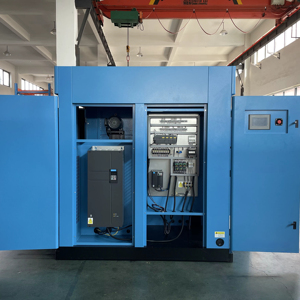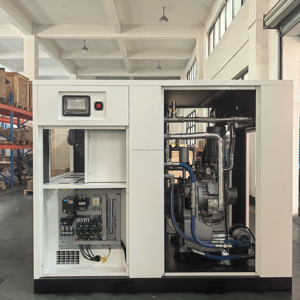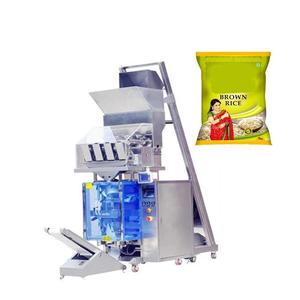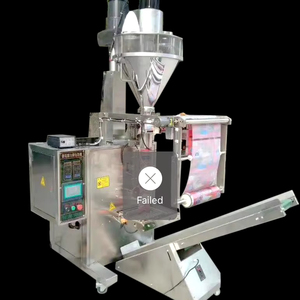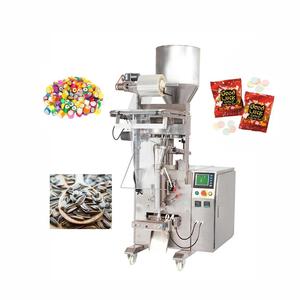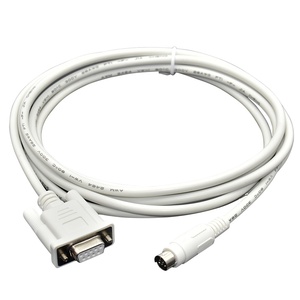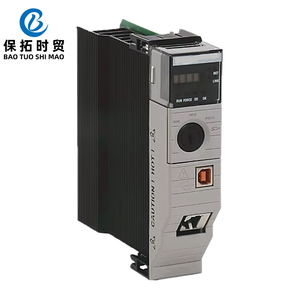Use Of Plc In Industry








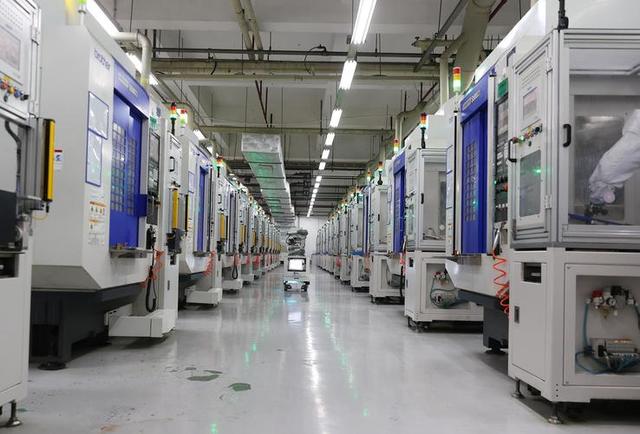




















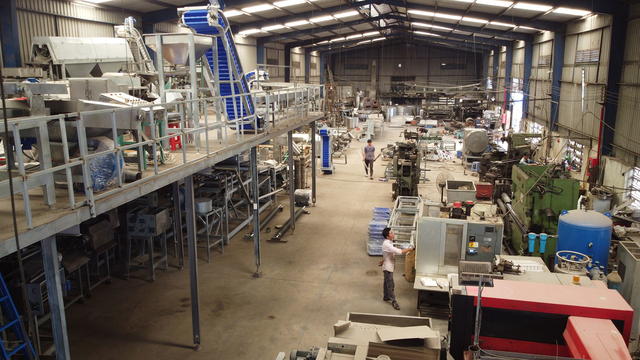
























About use of plc in industry
Where to Find PLC Suppliers for Industrial Applications?
China remains a central hub for programmable logic controller (PLC) manufacturing, with key production clusters in Zhejiang, Jiangsu, and Shanghai driving innovation and cost efficiency. These regions host vertically integrated supply chains that support rapid component sourcing, from microprocessors to I/O modules, enabling competitive pricing and scalable output. Notably, the Yangtze River Delta region accounts for over 50% of China’s industrial automation equipment exports, leveraging advanced SMT lines and precision testing facilities.
Suppliers in this ecosystem benefit from proximity to semiconductor distributors, electronic assembly plants, and logistics hubs, reducing lead times by 20–30% compared to offshore alternatives. Buyers gain access to mature infrastructure where firmware development, hardware validation, and batch calibration occur within tightly controlled environments. Typical advantages include MOQ flexibility (from single units to bulk container loads), average production lead times of 15–30 days, and support for both standard and OEM-configured PLCs tailored to specific industrial protocols such as Modbus, Profibus, or EtherNet/IP.
How to Choose PLC Suppliers for Industrial Use?
Selecting reliable suppliers requires structured evaluation across technical, operational, and transactional dimensions:
Technical Compliance & Product Scope
Verify that suppliers offer PLCs compatible with major industrial brands (e.g., Mitsubishi, Siemens, Allen-Bradley) either through original equipment or drop-in replacements. For integration into existing control systems, confirm protocol compatibility, voltage tolerance (typically 24V DC or 220V AC), and environmental ratings (IP20 or higher for panel mounting). While formal certifications like CE or RoHS are not universally listed, their absence does not necessarily indicate non-compliance—request test reports or third-party verification when required.
Production and Engineering Capabilities
Assess supplier specialization based on product focus and inventory depth:
- Minimum of 10+ active PLC listings indicating dedicated automation focus
- In-house programming and testing capabilities for functional validation
- Support for firmware customization or cloning services (where legally permitted)
- Cross-reference response time metrics (target ≤1 hour) with on-time delivery performance (ideally 100%) to gauge operational reliability
Procurement Risk Mitigation
Utilize secure payment methods with inspection-based release terms, especially for high-value orders. Conduct sample testing to validate timing accuracy, scan cycle stability, and thermal resilience under simulated load conditions. Prioritize suppliers offering transparent communication channels and documented quality assurance processes, even if formal ISO 9001 certification is not explicitly stated.
What Are the Top PLC Suppliers for Industrial Use?
| Company Name | Main Products | Product Listings | On-Time Delivery | Avg. Response | Reorder Rate | Online Revenue | Price Range (USD) | Min. Order |
|---|---|---|---|---|---|---|---|---|
| Taizhou Zeling Automation Technology Co., Ltd. | PLC, PAC, & Dedicated Controllers | 36 | 100% | ≤1h | - | - | $75–$356 | 100–300 units |
| Huzhou Maofengchang Trading Co., Ltd. | Oxygen Generators (PLC-integrated) | 5 | 100% | ≤1h | <15% | - | $900–$15,000 | 1 m² |
| Shanghai Tongyao Machinery Manufacturing Co., Ltd. | Industrial Compressors (PLC-controlled) | 489 | - | ≤1h | 100% | US $50,000+ | $1,900–$115,000 | 1 piece |
| QUALIBEST INDUSTRIES COMPANY | Multi-Function Packaging Machines | 225 | 100% | ≤1h | <15% | - | $2,344–$26,000 | 1 bag |
| Henan Aix Boiler Co., Ltd. | Industrial Boilers (PLC-automated) | 684 | 100% | ≤1h | <15% | US $400+ | $4,000–$10,000 | 1 set |
Performance Analysis
Taizhou Zeling stands out as a specialized PLC supplier, offering brand-compatible units at competitive prices with full delivery reliability. Its focus on Mitsubishi Q-series controllers makes it a strategic source for legacy system maintenance or retrofit projects. In contrast, Huzhou Maofengchang and Henan Aix Boiler integrate PLCs into end-use machinery—oxygen generators and boilers—indicating capability in system-level automation but less direct expertise in standalone PLC supply.
Shanghai Tongyao demonstrates strong customer retention (100% reorder rate), suggesting consistent product performance and service quality despite limited public delivery data. QUALIBEST and Henan Aix show high responsiveness and punctual shipping but lower repeat order rates, which may reflect project-based purchasing patterns rather than product dissatisfaction. Buyers seeking pure-play PLC sources should prioritize suppliers with dedicated automation portfolios and verifiable unit-level testing procedures.
FAQs
How to verify PLC supplier credibility?
Request functional specifications, wiring diagrams, and firmware version details. Validate compatibility with target applications through sample testing. Cross-check company registration data and evaluate communication consistency as indicators of operational legitimacy.
What is the typical lead time for PLC orders?
Standard units ship within 7–15 days after payment confirmation. Customized or cloned PLCs may require 20–30 days depending on programming and burn-in testing requirements. Air freight adds 5–7 days for international delivery.
Can suppliers provide PLCs for legacy industrial systems?
Yes, several suppliers specialize in Mitsubishi-compatible PLCs, including Q-series and FX models, supporting replacement strategies for aging automation infrastructure. Confirm pin compatibility, power requirements, and communication port availability before procurement.
Do suppliers support OEM branding or custom firmware?
Limited evidence suggests some suppliers offer cloning or rebranding services. However, buyers must ensure compliance with intellectual property regulations and conduct thorough validation to avoid interoperability issues or latent defects.
What are common packaging and shipping practices?
PLCs are typically shipped in anti-static containers with foam cushioning. High-value shipments include desiccants and humidity indicators. Most suppliers support global express carriers (DHL, FedEx) or sea freight for bulk orders—confirm Incoterms (FOB, CIF) prior to purchase.








